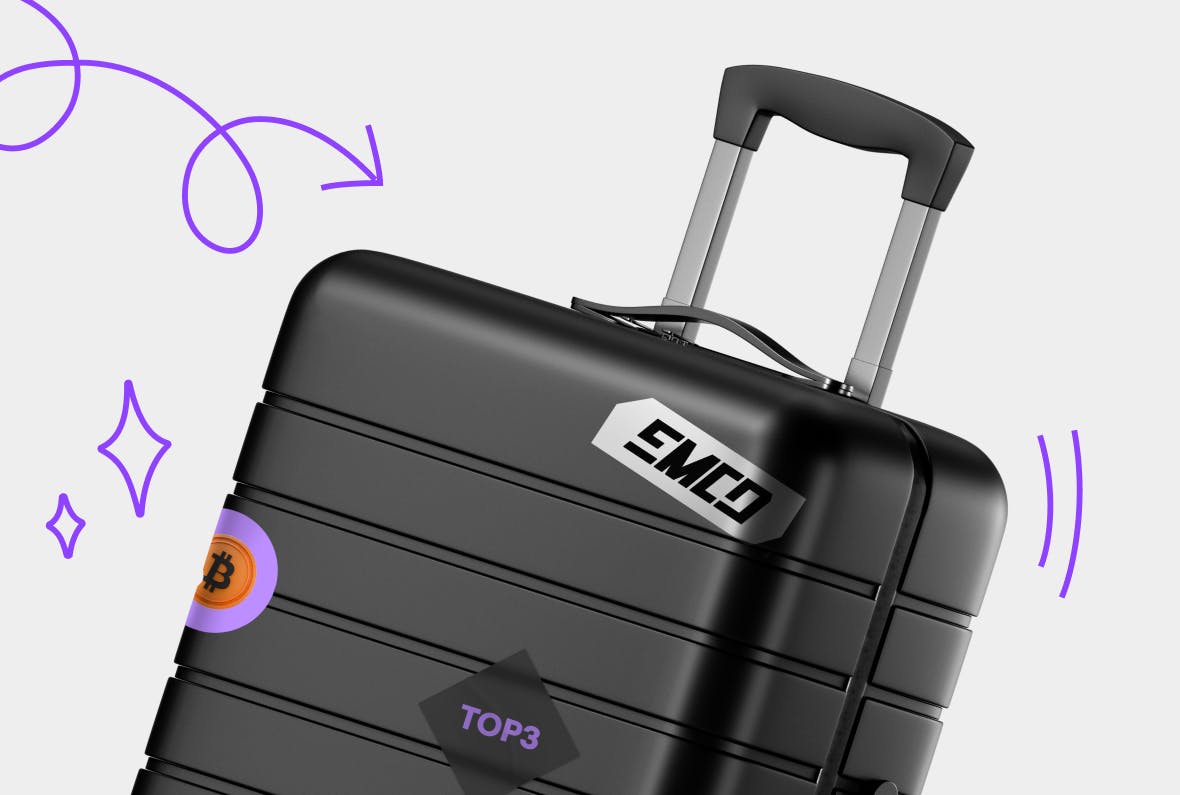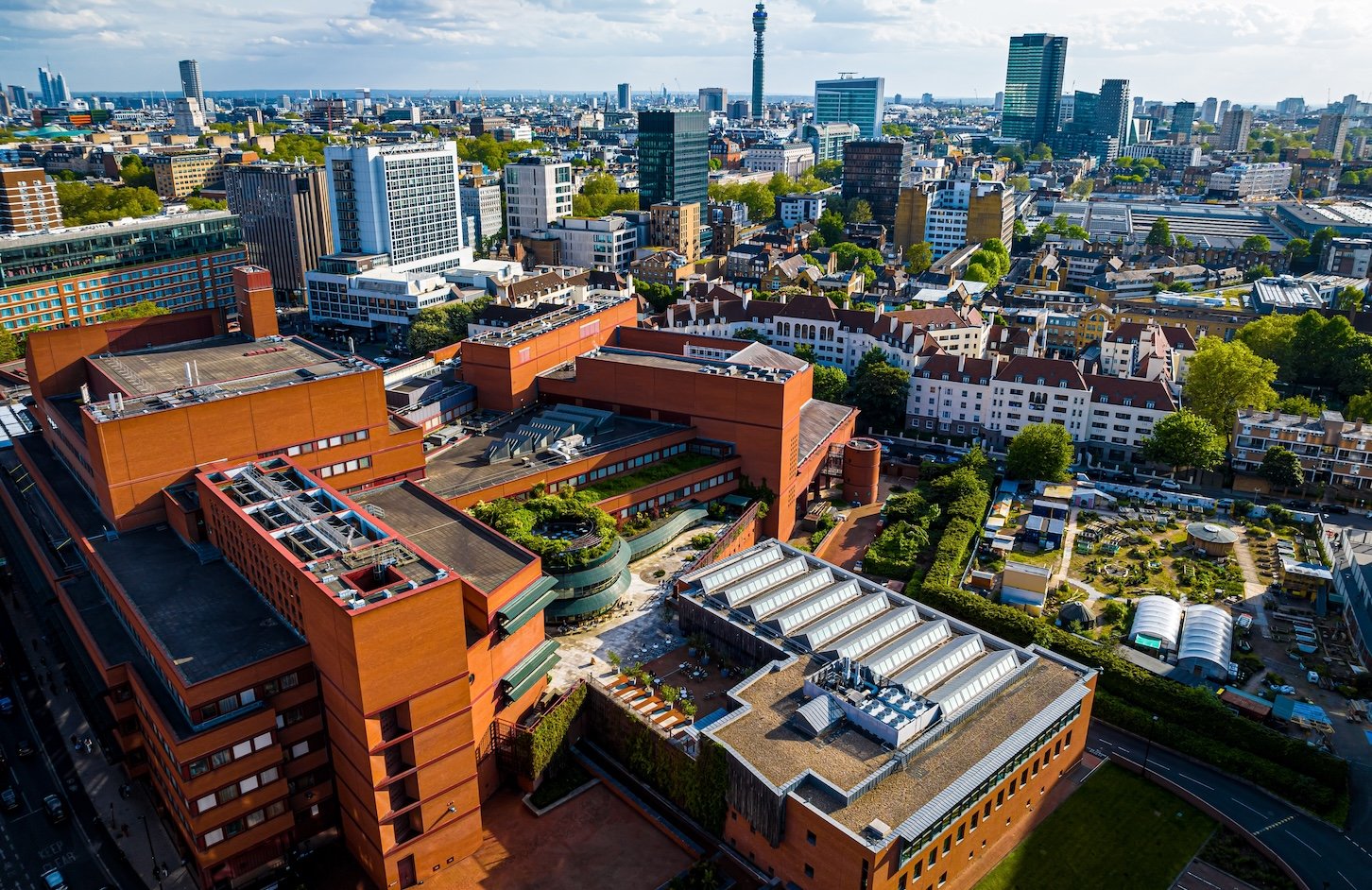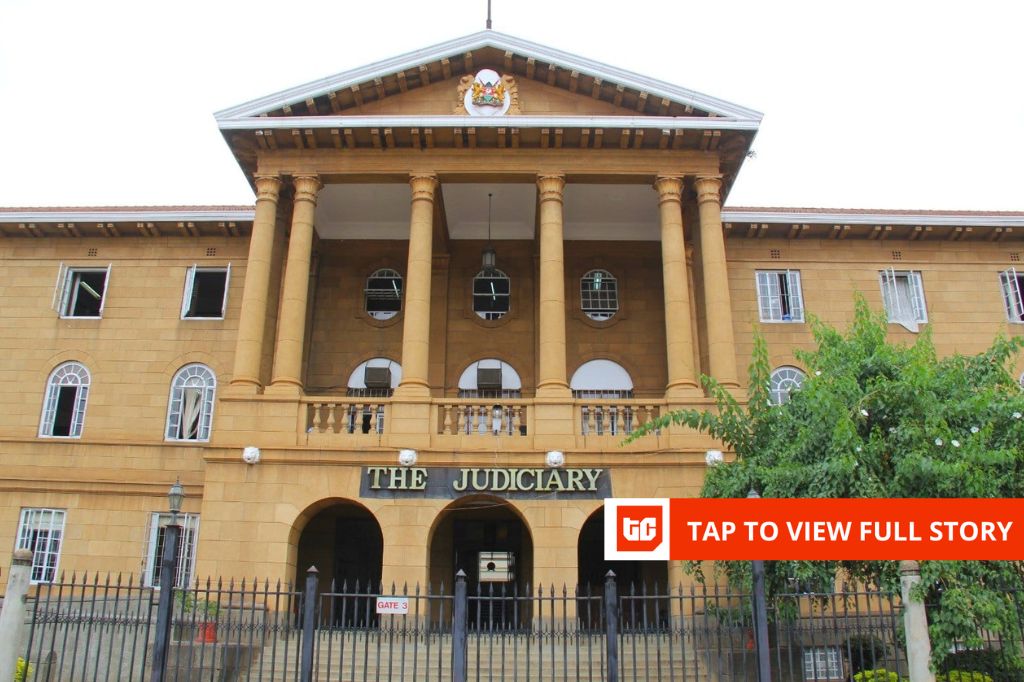Want to live where Bitcoin works outside your wallet app?
Some countries already combine clear laws, tax breaks, and working infrastructure so you can trade, pay, and build without legal headaches.
Here are three destinations that crypto expats talk about most.
What a Real Crypto-Friendly Country Looks Like
A crypto-friendly country is a place where you can set up a blockchain company in a week, not spend months stuck in paperwork.
Your bank understands crypto transfers and does not block every payment from an exchange. The tax office clearly states how it treats staking rewards, token sales, or mining income, so you know the bill in advance. Electricity is stable, the internet is fast enough for live trading, and you can pay in BTC by scanning a QR code without awkward pauses at the counter.
Switzerland: Where Crypto Meets Swiss Order
The canton of Zug, known as Crypto Valley, is one of the most established blockchain hubs. Since 2021, the city hall accepts BTC and ETH for cantonal taxes, up to CHF 100 000, via a crypto payment service.
Zug hosts the Ethereum Foundation, Cardano Foundation, and Tezos. Banks like Sygnum and SEBA serve crypto clients, though requirements vary by residency status. CV Labs acts as a coworking and investor meeting space.
Crypto is taxed as part of declared wealth
Average fixed internet speed is about 220 Mbps.
El Salvador: Surf, Sun, and Satoshis
El Salvador became the first country to make BTC legal tender in 2021.
In San Salvador, chains like ==Starbucks and McDonald’s accept BTC via the Chivo app==. El Zonte, or Bitcoin Beach, runs on BTC in shops, surf schools, and rentals.
Bitcoin City is planned near the Conchagua volcano to run on geothermal power and offer 0% income and capital gains tax. Outside cities, USD is still the main currency.
The government issued Bitcoin-backed Volcano Bonds aiming to raise $1 bln. Average fixed internet speed is about 43 Mbps.
UAE: Oil, Skyscrapers, and Web3 Dreams
The UAE, led by Dubai, is building a regulated crypto sector.
The DMCC free zone hosts over 500 blockchain companies including Binance MENA and Bybit. Abu Dhabi’s ADGM licenses exchanges like Kraken. Residency is available via company registration, granting access to local banking.
There is no personal income tax; corporate tax applies above AED 375 000. BTC payments are common in luxury real estate and high-end retail.
Average fixed broadband speed is about 314 Mbps and mobile speed about 540 Mbps.
Quick Comparison
There is no perfect crypto country. Switzerland is secure, rich in infrastructure, and expensive. El Salvador is bold with legal BTC use but still uneven in adoption. UAE is business-friendly with unmatched internet speed yet is still refining its laws. Choosing one depends on whether your priority is trading, building, mining, or simply living where crypto is part of everyday transactions.
Which country do you think has the best balance between crypto freedom, regulation, and real-life usability — Switzerland, El Salvador, UAE, or somewhere else?
Share your thoughts in the comments and don’t forget to subscribe to my blog for more crypto insights. n
n










